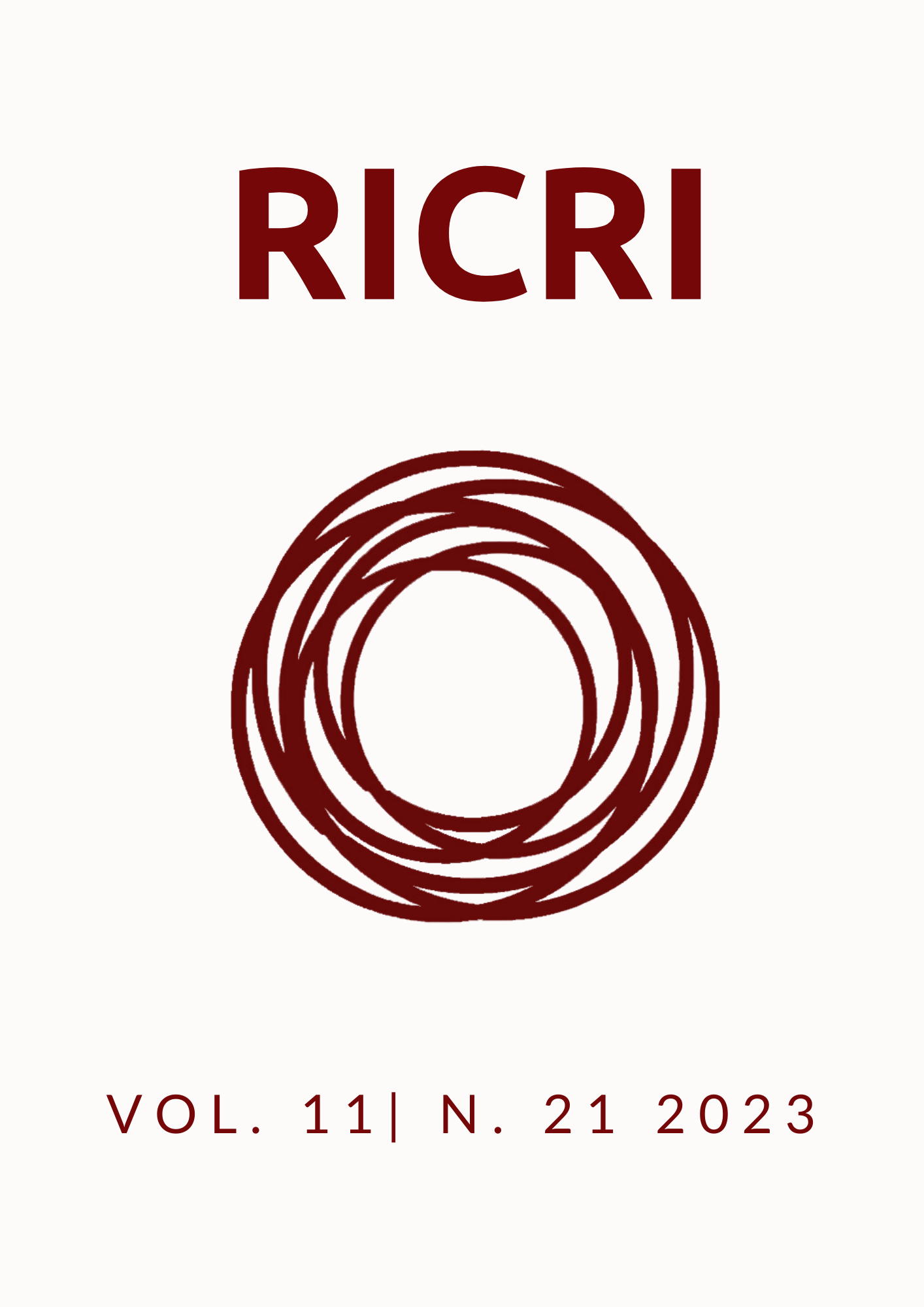The Transnistrian War
Post-conflict negotiations and the spheres of influence in Eastern Europee
Resumen
This work explores the normative constructions following the Transnistrian War (1990-1992) and analyzes Moldova's geostrategic role in Eastern Europe. Moldova and the Transnistrian breakaway state are targeted by Western enlargement policies involving the European Union and NATO, opposed by Moscow's resistances in the post-Soviet space. Understanding Eastern Europe's geostrategy involves examining the Soviet Union's dissolution and its ethnic, political, and economic dynamics. The article addresses post-war proposals and its ineffectiveness, including ceasefire agreements and official resolutions. Moreover, clashes of interests between the West and Russia are observed in aiming to comprehend regional dynamics and implications of Western advances in Eastern Europe. Simultaneously, the tensions are witnessed by the Moldovan population, which finds itself at the center of a dispute between the Western project and the Kremlin's pursuit to maintain its zone of influence in the post-Soviet space.
Descargas
Publicado
Cómo citar
Número
Sección
Licencia
Derechos de autor 2024 Revista de Iniciação Científica em Relações Internacionais

Esta obra está bajo una licencia internacional Creative Commons Atribución-NoComercial 4.0.
b. Autores tienen la autorización para asumir contractos adicionales separadamente para distribución exclusiva de la versión del trabajo publicada en esa revista, con reconocimiento de autoría y publicación inicial en esa revista.
c. Autores detienen el permiso y son estimulados a publicar y distribuir su trabajo online.




